Pathology Microbiology And Immunology
-
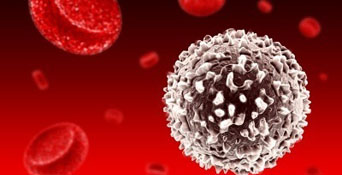
Improving natural killer cancer therapy
A newly discovered mechanism that helps cancer cells avoid destruction by immune system cells may improve immunotherapies. Read MoreApr 29, 2016
-

An Argonaute’s voyage to cancer
A genetic mutation that promotes cancer development blocks the normal sorting of a protein called “Argonaute 2.” Read MoreApr 28, 2016
-

Immune defenses in asthma
Vanderbilt researchers show that a certain factor negatively impacts the first-line responder cells in the lungs, providing one explanation for why patients with asthma are at greater risk for invasive bacterial disease. Read MoreApr 5, 2016
-
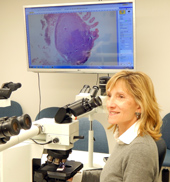
Zutter takes part in cancer strategy meet at White House
Vanderbilt physician/scientist Mary Zutter, M.D., Louise B. McGavock Professor of Pathology, Microbiology and Immunology and assistant vice chancellor for Integrative Diagnostics, can now add “White House guest” to her resume. Read MoreFeb 4, 2016
-
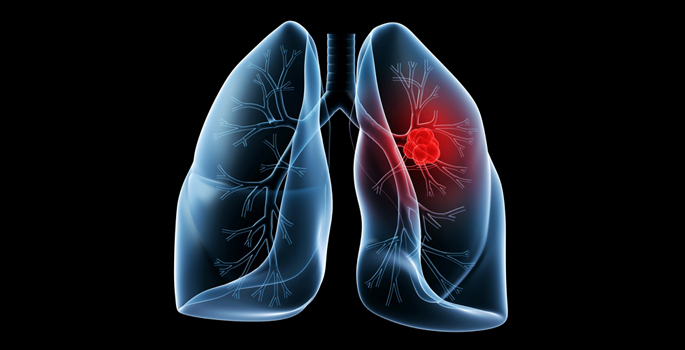
Study identifies new culprit in lung cancer development
A microRNA — a small piece of RNA involved in regulating gene expression — functions as an oncogene to drive the development of lung cancer, Vanderbilt University investigators have discovered. Read MoreJan 27, 2016
-
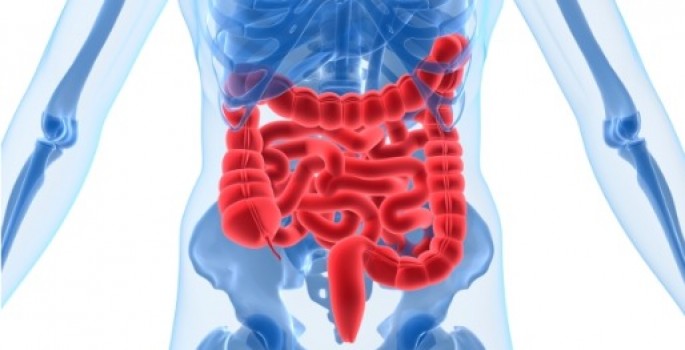
Crystal structure reveals secrets of virulent bacterium
Researchers at Vanderbilt University Medical Center have obtained the crystal structure of a toxin from the bacterium Clostridium difficile (“C. diff”) — the leading cause of hospital-acquired diarrhea in the United States. Read MoreJan 14, 2016
-

College of American Pathologists lauds Washington’s contributions
Mary (Kay) Washington, M.D., Ph.D., professor of Pathology, Microbiology and Immunology, has received the Lifetime Achievement Award from the College of American Pathologists (CAP). Washington was one of eight physician members honored during the organization’s recent annual meeting. Read MoreJan 7, 2016
-

Detect and defend against pathogens
Understanding factors, such as the receptor TLR9, that detect and defend against pathogens may lead to therapeutic approaches that promote an effective immune response to treat infections. Read MoreNov 4, 2015
-
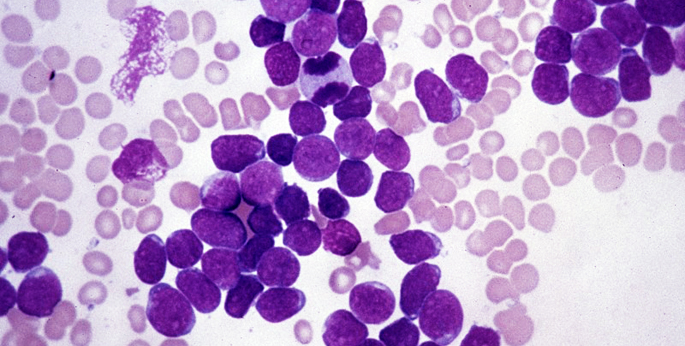
Biomarker for intestinal tumors
A new marker could be useful for diagnosing and treating neuroendocrine tumors of the small intestines. Read MoreOct 21, 2015
-

Healing without scarring
Drugs that inhibit the Wnt signaling pathway can regenerate injured skin and may be useful in treating fibromatosis, degenerative joint disease and cancer. Read MoreOct 16, 2015
-

Tolerating a transplant
A new genetic model has generated new strategies for promoting tolerance to transplants – and improving long-term transplant outcomes – in the background of autoimmune disease. Read MoreOct 1, 2015
-
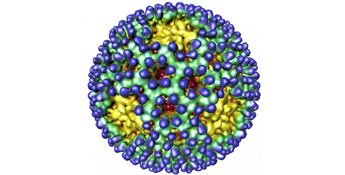
Keep your coat on, virus!
A compound acting on serotonin receptors delays a critical step during reovirus cell entry, reducing viral infectivity. Read MoreSep 22, 2015
-

Framework for studying cell responses
Vanderbilt investigators have developed a framework for studying cellular responses that could be used to identify the agents driving a range of biological processes in health and disease. Read MoreAug 26, 2015
-

Rathmell to lead new Center for Immunobiology
Jeffrey Rathmell, Ph.D., has been recruited to Vanderbilt University Medical Center (VUMC) to lead a new Center for Immunobiology, a structure supported by the Department of Pathology, Microbiology and Immunology, the Department of Medicine and Vanderbilt-Ingram Cancer Center (VICC). Read MoreAug 20, 2015
-

Origins of neuroblastoma
Vanderbilt researchers are exploring how neuroblastoma tumors begin and progress, knowledge that could provide new treatments for this pediatric cancer. Read MoreAug 12, 2015
-

Skaar receives American Asthma Foundation award
Eric Skaar, Ph.D., MPH, the Ernest W. Goodpasture Professor of Pathology, has received a Scholar Award from the American Asthma Foundation (AAF). Read MoreAug 6, 2015
-
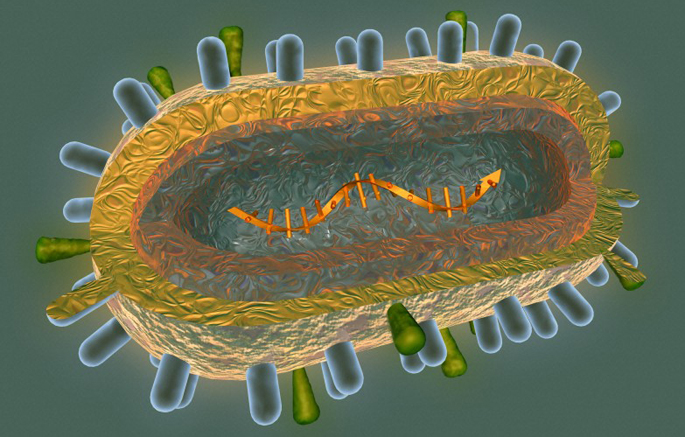
How to trick a wily virus
Vanderbilt investigators have discovered how human antibodies induced during testing of an experimental “bird flu” vaccine kill the virus. Read MoreJul 24, 2015
-

Medical societies honor VUMC’s Cover, Williams
Two physicians from Vanderbilt University have been elected to membership in two of the nation’s oldest and most respected medical honor societies — the Association of American Physicians (AAP) and the American Society for Clinical Investigation (ASCI). Read MoreJun 11, 2015
-

Study identifies C. diff toxin receptor, suggests new treatment approaches
Vanderbilt University investigators have identified a cellular receptor for a toxin from Clostridium difficile (“C. diff”) — the leading cause of hospital-acquired diarrhea in the United States. Read MoreJun 4, 2015
-
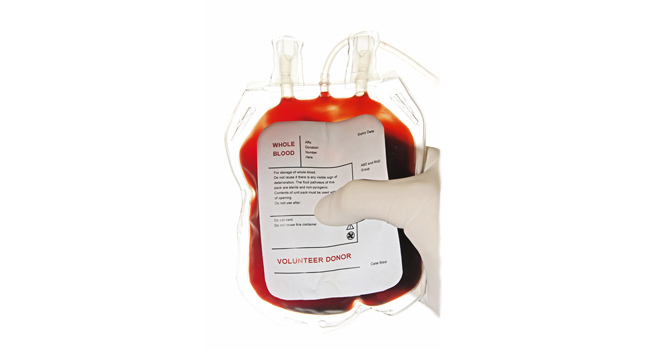
Kids more likely to react to blood transfusions
Pediatric patients have a significantly higher incidence of transfusion reactions compared to adults, according to a study by Vanderbilt University researchers. Read MoreMay 4, 2015